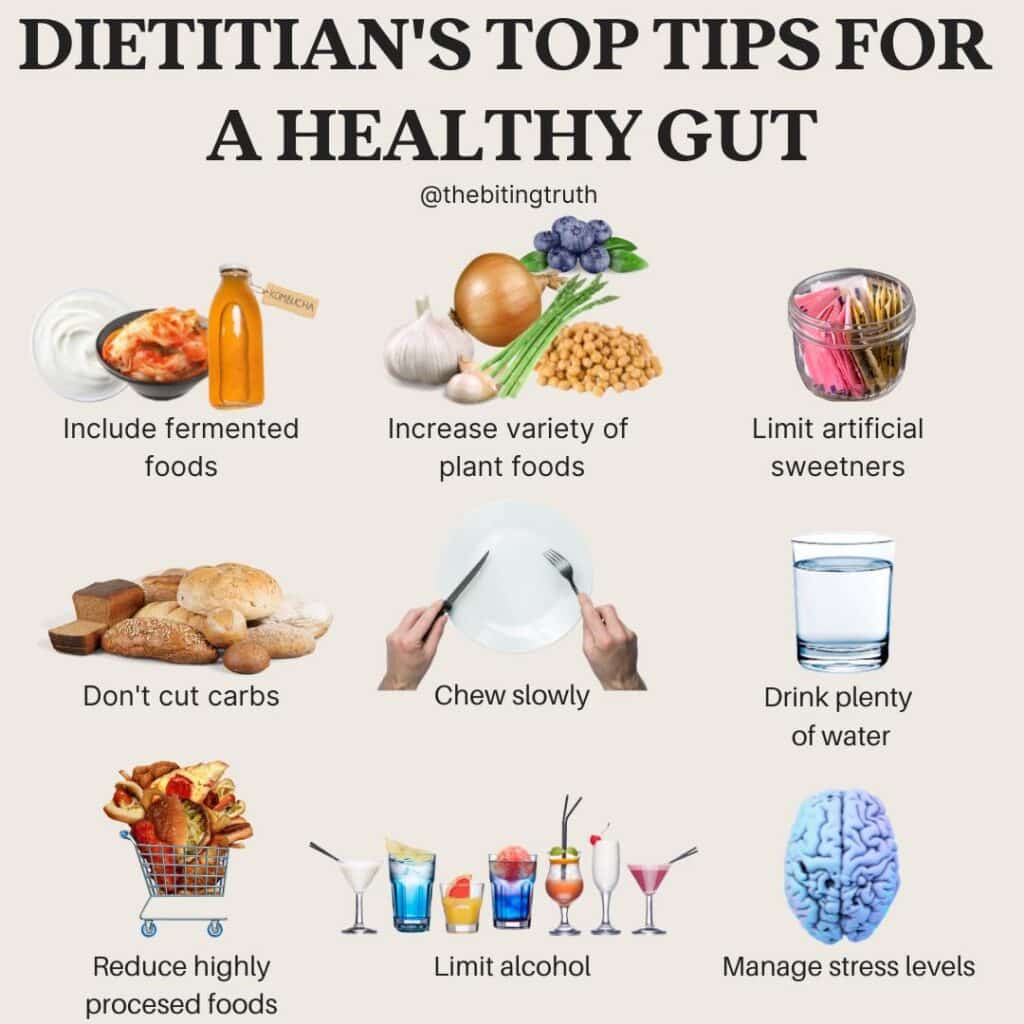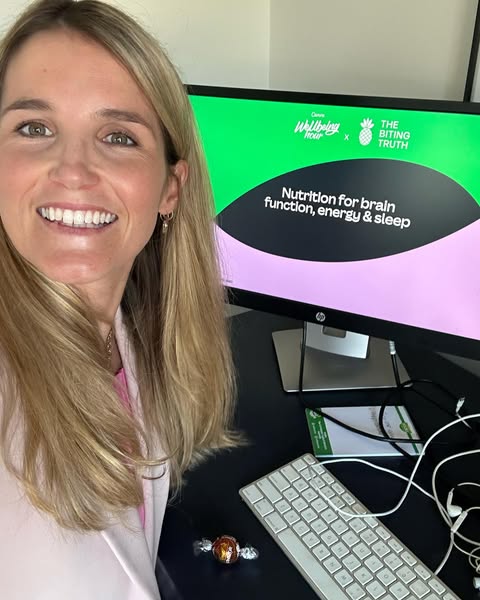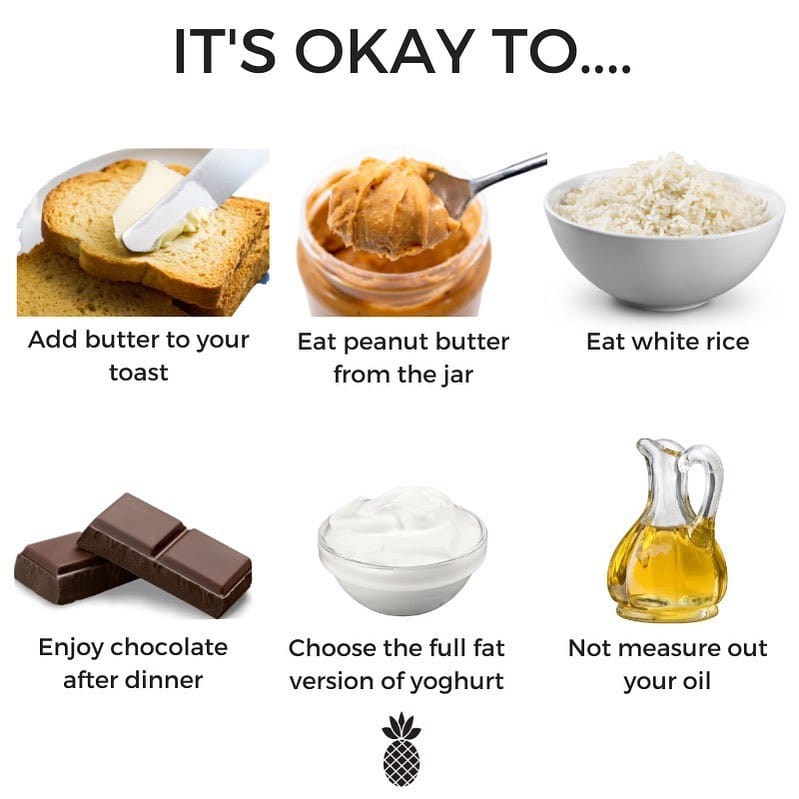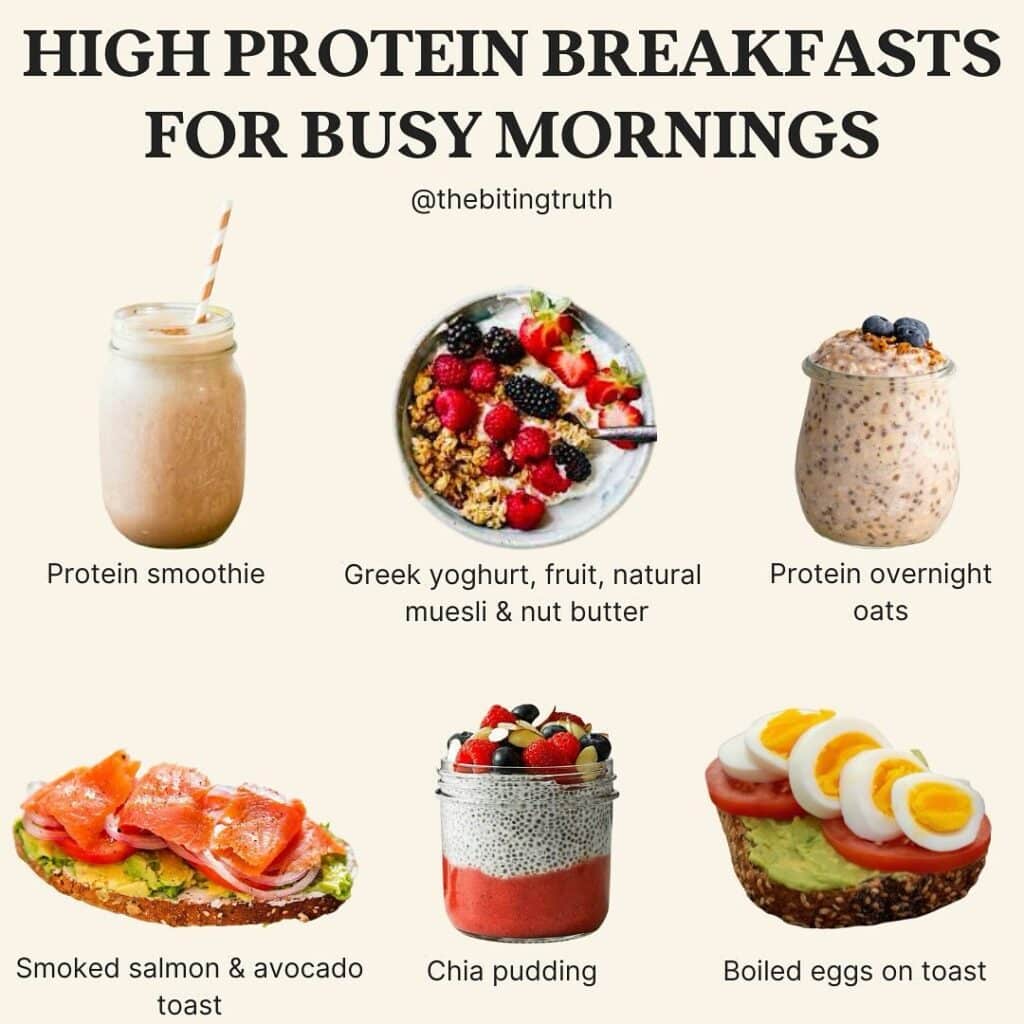Your gut, or digestive system, is necessary for the consumption and digestion of food and the production of waste, making it one of the most vital organs in the human body. Recently, research has found that your digestive system is much more intricate than originally thought and is involved in nearly every aspect of your health. If you’ve ever experienced reflux, constipation, diarrhea or bloating, you will understand the impact that gut health can play in your day-to-day life. The gut microbiome, refers to the trillions of microorganisms that live inside your gut – mostly in the large intestine. There are roughly 100 trillion bacteria in the digestive system alone. It may seem like a tall order to change or look after them, but the good news is that research has shown that within two to four days of eating well, your gut microbiome can improve.
Fermented foods are full of naturally occurring live cultures. While the science has not yet concluded exactly how much fermented foods you should eat, we recommend aiming to eat a source of authentically fermented foods or drinks every single day if possible to help support digestion, whether that’s enjoying some yoghurt for breakfast, sipping on a kombucha at lunch or adding a tablespoon of sauerkraut to your salad.
A high fibre diet is associated with an increase in the growth of beneficial bacteria, which optimises gut functioning. As different plants contain different amounts and types of fibre, it’s important to consume a range of plant foods to ensure your good gut bacteria are kept happy and nourished!
Fibre, particularly prebiotic fibres, are important for gut health, however in order for this type of fibre to do its job, adequate water is required. A lack of water can slow down your digestive system significantly and result in harder stools that are more difficult to pass. For optimal hydration, men should aim for 2.6L/day and women 2.1L/day.
A diet low in fibre can encourage the wrong types of gut bacteria to grow, throwing out your ‘gut ecosystem’. Think of your good gut bacteria as the trees and flowers in our ecosystem and the bad gut bacteria as the weeds – if you create an environment that allows the weeds to grow, it will overgrow the trees and flowers.
Digestion begins in the mouth and the chewing process starts to break your food down. If you rush this, your food may enter your stomach before it’s ready, leading to indigestion. By eating slowly, and chewing properly, you will also allow your natural satiety signals to kick in, which tell you that you’re full. This prevents overeating and has also been associated with better digestion and greater satisfaction with our meals. Try eating slowly and mindfully by removing distractions, pausing between bites to savour what’s in your mouth, and setting aside adequate time to eat so you don’t rush.
Alcohol can throw out the balance of your intestinal ecosystem. If you consume alcohol, make sure you do so in moderation. That’s maximum 1-2 standards on any day according to the Australian Guidelines.
Whilst low carb might be a popular trend on your Instagram feed, you’ll also be cutting down on the fibre needed for good gut health. Instead of cutting all carbs, focus on consuming healthy wholegrain carbohydrate foods such as brown rice, quinoa, oats, wholegrain cereals, wholegrain bread and pulse pasta.
While getting more sleep might seem like a no-brainer for overall health, research suggests that getting a good night’s sleep is essential for a healthy gut. Our gut bacteria have their own circadian rhythms (just like other organisms) and inadequate sleep can disrupt this rhythm in the microbiome and negatively influence the diversity and number of bacteria in the gut. Most of us need around 7-8 hours sleep each night and even if you think you can function perfectly fine on less, your gut bugs might think otherwise!
You don’t need us to tell you that stress is not good for us. Prolonged stress can cause major issues for a number of our body’s key players, including our digestive system! When we’re stressed, our body is set to ‘fight or flight’ mode and will reduce the blood flow to our digestive muscles and putting everything on hold – there’s reduced secretion of digestive enzymes, which may lead to indigestion, gastrointestinal inflammation, constipation or diarrhoea. Try reducing stress by spending more time outdoors, including exercise you enjoy each day, reducing screen time and trying meditation or yoga.
Note: If you have any concerns with your gut health or are experiencing gut irritability, indigestion, diarrhoea or constipation, it’s best to seek advice from your healthcare provider/s (i.e. GP & dietitian)
—
Notes






